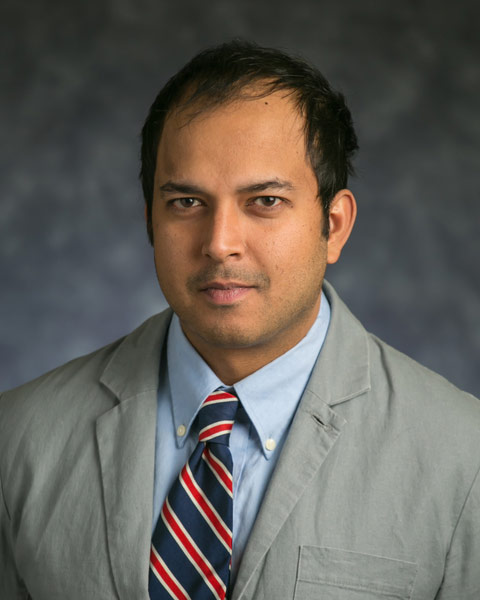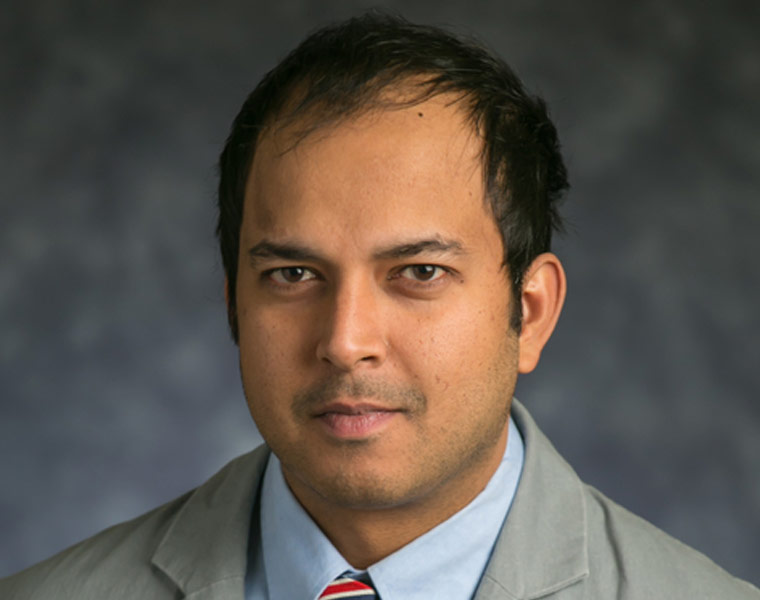
For Bharat Ranganathan, academia has been a long-standing passion. After graduating from Case Western Reserve University, Harvard University and Indiana University with a bachelor’s, master’s, and PhD, respectively, he pursued a career in ethics, most recently returning to CWRU as the Elmer G. Beamer-Hubert H. Schneider Fellow in Ethics.
Now, he has been selected as one of 10 Paul Ramsey Fellows at the nonprofit Center for Bioethics and Culture. As a fellow with the Paul Ramsey Institute, Ranganathan will have the opportunity to further the thoughts and methods of Paul Ramsey, whose writings in bioethics are some of the most important early contributions to the field and who is regarded as one of the most influential ethicists of the 20th century.
The fellowship program brings together leading thinkers in the field of bioethics, such as Ranganathan, with current medical, graduate and law students to prepare them to approach bioethics in a way that is grounded in moral responsibility.
Ranganathan has been focusing on moral responsibility and a person’s obligation to others since his undergraduate days at CWRU, where he studied religious studies and political science. In fact, prior to even applying to the Paul Ramsey Fellowship, Ranganathan published both a paper and a chapter on Ramsey’s methodology, titled Paul Ramsey’s Christian Deontology.
“Bharat is quickly gaining a prominent voice among a new generation of scholars in religious studies and bioethics, as this prestigious fellowship attests,” Timothy Beal, Ranganathan’s previous student advisor and current faculty advisor, said.
Now, Ranganathan’s primary interest lies with global economic inequalities and access to things, like health care, that people take for granted. As a member of racial and religious minority groups, he is motivated to ask and answer moral political questions while taking into consideration racial and political diversity, as well as how religious traditions intertwine with and impact those issues.
“I’m looking forward to having the opportunity to be in conversation with people who are motivated by the same concerns I am,” Ranganathan said, “and not having to shy away from the religious context of our views.”
Ranganathan believes this opportunity to continue exploring Paul Ramsey’s thinking will benefit the way he teaches his students.
“I think because I can say I was in their shoes just 15 years ago, it gives me a different relationship with students compared to other professors,” Ranganathan said.
Ranganathan will officially start the Paul Ramsey Fellowship in the fall and will hold it for two academic years.

